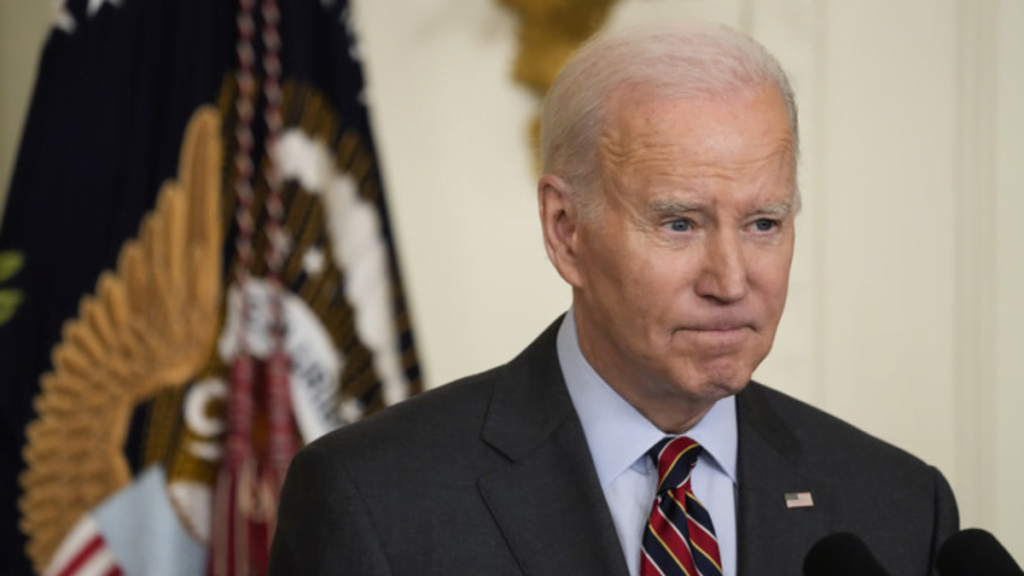
House Foreign Affairs Committee Michael McCaul accused the Biden administration of “stonewalling” the search for answers on the withdrawal from Afghanistan, shortly after issuing a subpoena to obtain key information about the withdrawal.
McCaul issued the subpoena targeting Secretary of State Antony Blinken on Tuesday morning. This was an effort to reveal a critical “dissent cable” that reportedly contains key information related to the withdrawal.
He said the State Department refused to provide the requested material which raised his suspicions about what information can be found in the cable.
McCaul was convinced that it could unlock a critical piece to the puzzle of what happened during the deadly withdrawal of U.S. troops.
“We served a subpoena. I want accountability, and the American people and the mothers like you just saw deserve this,” McCaul said on “America’s Newsroom” Tuesday.
“We had a Gold Star mother at the hearing whose daughter, a Marine sergeant, was blown up in the blast, devastated to hear the testimony that it could have been prevented and that nothing was done to stop that suicide bomber. They deserve answers.”
“It’s the people left behind that deserve answers,” he continued.
“This administration is stonewalling, and I’m going to… hold them accountable, and I will not rest until we get that dissent cable.”
The State Department released a statement on the subpoena on Monday:
“The Department followed up with the committee to reiterate its willingness to provide a briefing about the concerns raised, and the challenges identified by Embassy Kabul, including in the dissent channel. The committee chose instead to issue a subpoena.”
Last week during a hearing on the State Department budget, McCaul gave Blinken a Monday deadline to provide the committee a dissent cable authored by at least 23 diplomats stationed in the U.S. embassy in Kabul in July of 2021.
The cable warned about how security in Afghanistan was deteriorating before the U.S. withdrawal at the end of August 2021.
The document was sent through the “dissent channel”, which allows State Department officials to send warnings to senior officials.
“Why are they so adamant about not providing these cables even in a classified setting, which I agreed to do?” McCaul questioned.
“That raises my suspicion.”
Blinken pushed back on McCaul’s request during the hearing, and he refused to release the information over concerns it could compromise the integrity of similar situations in the future.
“It is vital to me that we preserve the integrity of that process and of that channel, that we not take any steps that could have a chilling effect on the willingness of others to come forward in the future, to express dissenting views on the policies that are being pursued,” he told the committee.
“I will not just sit back and take a, sort of, sanitized format, if you will, the State Department’s filtered version of these cables,” he said. “We made that clear all along.”
The U.S. withdrawal from Afghanistan back in August 2021 left 13 service members dead after a suicide bombing at the Kabul airport.




